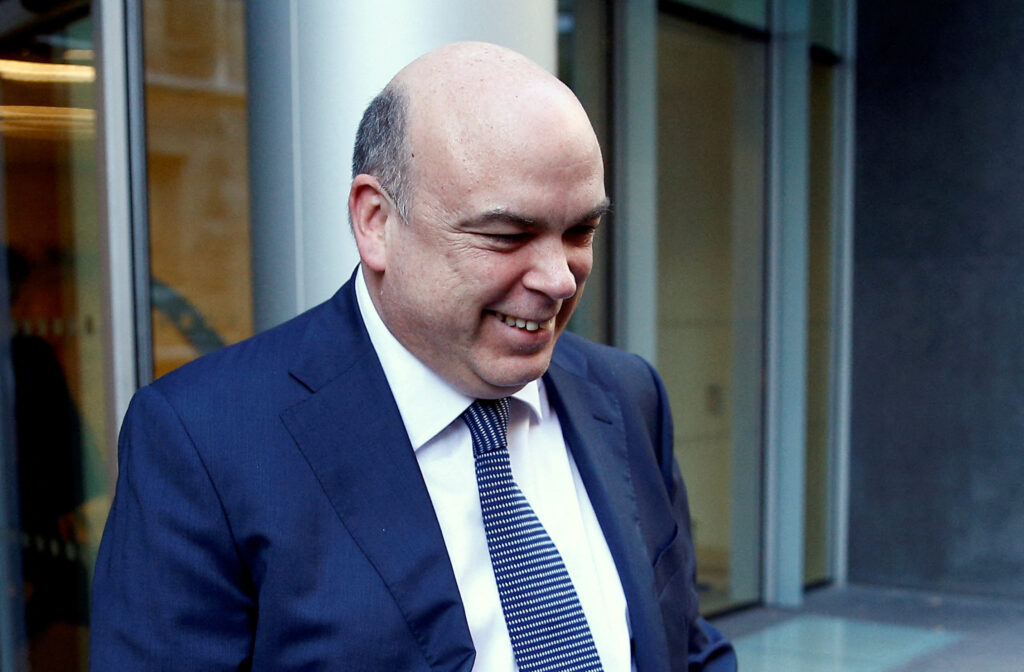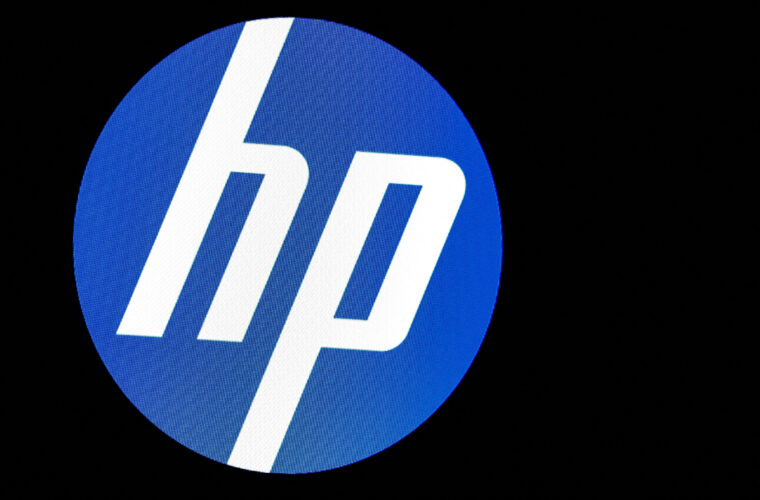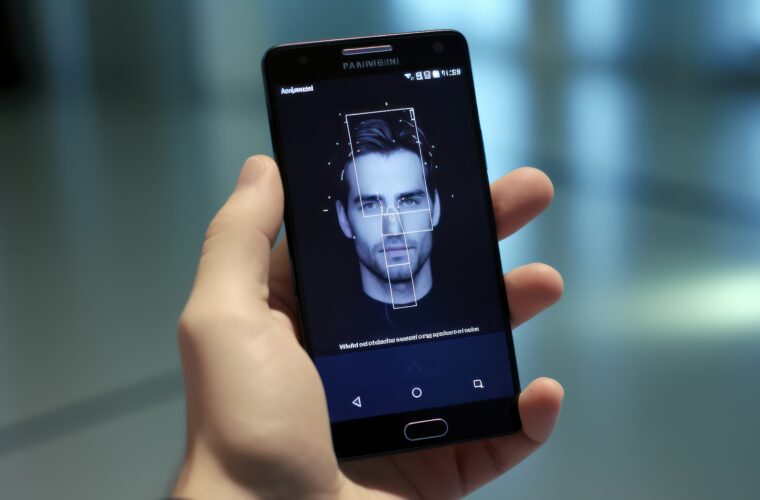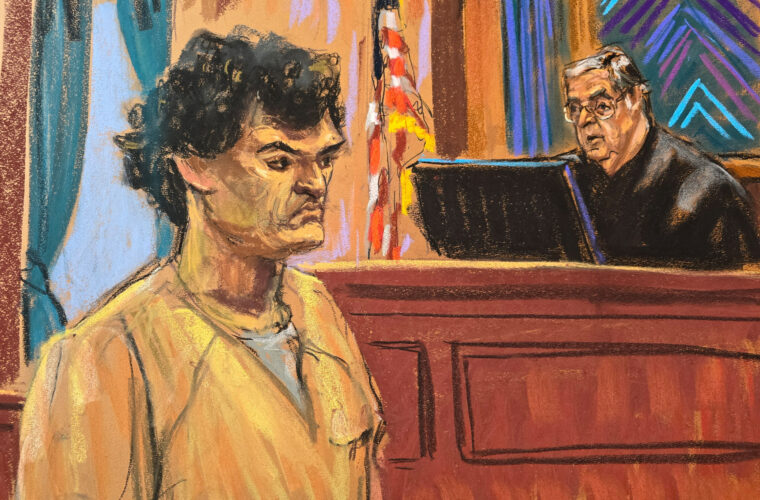By Jody Godoy and Abhirup Roy
SAN FRANCISCO (Reuters) – A U.S. prosecutor told jurors on Monday there was no reasonable doubt that British tech pioneer Mike Lynch directed fraud at software company Autonomy before he sold it for $11 billion to Hewlett-Packard, as Lynch’s criminal trial neared its end.
The 2011 deal was one of the biggest British tech deals at the time, but quickly went sour. HP wrote down Autonomy’s value by $8.8 billion within a year of the acquisition.
Assistant U.S. Attorney Robert Leach told jurors on Monday they should have no reasonable doubt there was fraud at Autonomy, and that Lynch directed it.
Lynch and former Autonomy finance executive Stephen Chamberlain face charges of fraud and conspiracy for allegedly scheming to inflate the company’s revenue starting in 2009, partly to entice a buyer.
Lynch’s defense team scored a win last week when U.S. District Judge Charles Breyer threw out one count of securities fraud as not supported by the evidence. Lynch still faces one count of conspiracy and 14 counts of wire fraud.
The Cambridge University-educated entrepreneur took the stand in his own defense at the trial, denying wrongdoing and telling jurors that HP botched the two companies’ integration.
Prosecutors say the pair padded Autonomy’s finances in several ways, including back-dated agreements and “round-trip” deals that fronted cash to customers through fake contracts.
At the trial, which began in mid-March, jurors have heard from more than 30 government witnesses including Leo Apotheker, the former HP CEO who was fired weeks after the Autonomy deal was announced.
Lynch’s legal team has argued that HP was so eager to acquire Autonomy ahead of potential competitors that it rushed through due diligence before the sale.

On the stand, Lynch said he had been focused on tech issues, and entrusted money matters and the accounting decisions at issue to Sushovan Hussain, Autonomy’s then-chief financial officer.
Hussain was separately convicted in 2018 at a trial in the same court on charges of conspiracy, wire fraud and securities fraud related to the deal with HP. He was released from U.S. prison in January after serving a five-year sentence.
Lynch was one of the UK’s leading tech entrepreneurs, drawing comparisons to Apple cofounder Steve Jobs and Microsoft cofounder Bill Gates.
The Autonomy acquisition was meant to fuel HP’s software business. Instead, it spawned a series of bitter and expensive legal battles.
HP largely won a civil lawsuit against Lynch and Hussain in London in 2022, though damages have not yet been decided. The company is seeking $4 billion.



